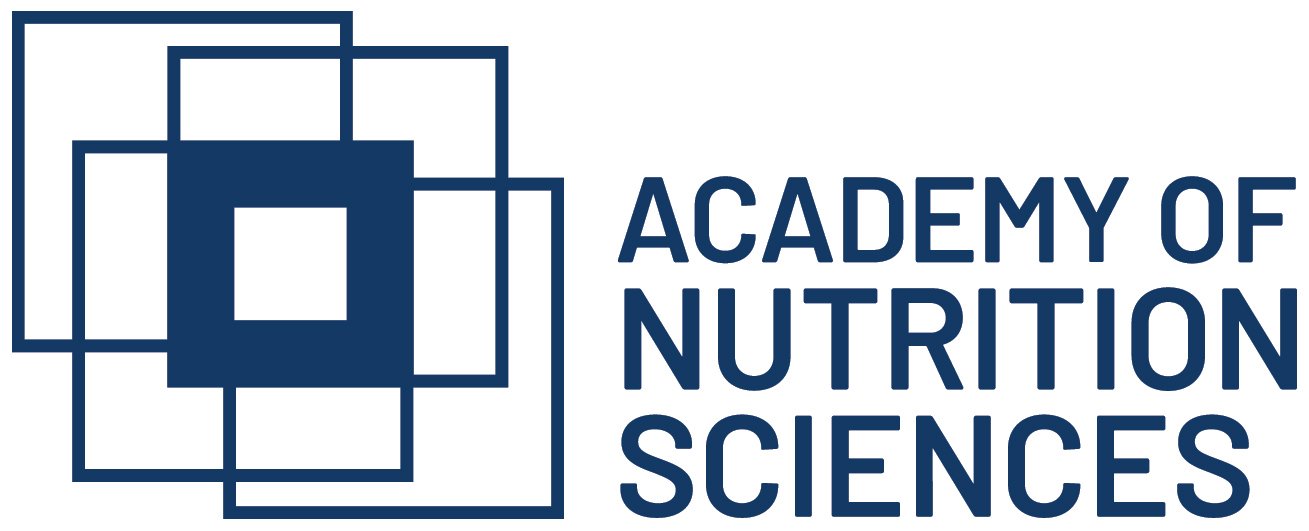Data transparency is critically important: the Academy joins forces with the World Cancer Research Fund
The Academy of Nutrition Sciences (ANS) and the leading cancer charity, World Cancer Research Fund (WCRF), have recently joined forces to respond to a letter from Stanton and colleagues, published in The Lancet, which called for the Global Burden of Disease 2019 (GBD 2019) investigators to reconsider the measurements they were using to draw conclusions about the links between dietary risk factors and diseases, including cancer, and to increase the transparency around the decisions they make when drawing conclusions. For over 30 years, WCRF has been at the forefront of exploring the links between diet, nutrition, physical activity, body weight and cancer. The Academy of Nutrition Sciences was established in 2019 to provide a collective voice for the nutrition science discipline, including those engaged in research, education and training, clinical practice, and nutrition science communication. As explained later, the Academy has a particular interest in the nature of the evidence base used in nutrition science and the frameworks underpinning dietary recommendations.
Our joint letter in The Lancet
For the diet-related recommendations made by governments and organisations, such as WCRF, to be trusted by everyone who uses them, it is essential that the underlying studies, used to inform these recommendations, appropriately and effectively analyse the available data. At the same time, these methods need to be clearly documented by the study investigators, and any changes to them clearly explained. Transparency about the assumptions made in arriving at the published findings is critically important.
Recently WCRF and the Academy worked together to publish a letter in The Lancet about the Global Burden of Diseases, Injuries, and Risk Factors Study (GBD 2019). https://www.thelancet.com/journals/lancet/article/PIIS0140-6736(22)01283-1/fulltext
Our letter joined calls from other scientists (see here) asking the GBD investigators to reconsider the measurements they were using to draw conclusions about the links between dietary risk factors and diseases, including cancer. Of particular interest to us was the dramatic change in the reported impact of eating unprocessed meat upon health. In 2019 the GBD study reported that 896,000 deaths were caused by a diet high in red meat, a dramatic change from only 25,000 deaths in 2017. It seemed to us that this change had more to do with the method used to estimate risky levels of meat eating, rather than change in how eating it was impacting health. For both the Academy and WCRF, our biggest concern is that many users of the valuable data provided by GBD will not be aware of the technical details which underlie this change, with risk of unintentional misinterpretation. It is very important that challenges such as those made in the Lancet letter from the scientific community are quickly and openly addressed so that the public, scientific community and policy-makers can have faith in the results of published research. This is particularly true for studies like GBD because they play a key role in establishing the scientific base for public health policy and disease prevention efforts round the world.
It is therefore pleasing to note that, at the time of this blog going online, the GBD investigators have already responded to the concerns from the scientific community by publishing a letter detailing how they intend to change and improve their methods for GBD 2020 (see here). The Academy and WCRF recognise the increasingly complex body of evidence demonstrating links between diet and health outcomes. We look forward to reading the results of GBD 2020, which incorporate adjustments to the methodology, and welcome the investigators’ transparency.
The Academy of Nutrition Sciences’ perspective on translating research into dietary recommendations
The Academy of Nutrition Sciences (ANS) was established in 2019 to provide a collective voice for the nutrition science discipline, including those engaged in research, education and training, clinical practice, and nutrition science communication. It is a result of a longstanding collaboration between four organisations: the Association for Nutrition, the British Dietetic Association, the British Nutrition Foundation, and the Nutrition Society. The Academy also seeks to reduce the levels of misinformation about nutrition and health and improve the public’s understanding of how evidence is scrutinised and evaluated by organisations, such as WCRF, to produce recommendations.
The Academy has a strong interest in nutrition research excellence, development of the nutrition science discipline and application of the outcomes of rigorous nutrition science for public benefit. Its first Position Paper, published in December 2020 in the British Journal of Nutrition (see here) focused on the nature of the evidence base used in nutrition science and frameworks underpinning dietary recommendations for prevention of non-communicable diseases such as cancers and cardiovascular diseases. The paper considers methodological advances made in nutritional epidemiology and frameworks used by expert groups to support objective, rigorous and transparent translation of the evidence into dietary recommendations, and the innate challenges in this complex area of science. Alongside an emphasis on the fundamental importance of transparency and systematic rigour, the Academy makes three recommendations: (i) the development of methodologies and criteria for selection of relevant experimental data; (ii) further development of innovative approaches for measuring human dietary intake and reducing confounding in long-term cohort studies and; (iii) retention of national nutrition surveillance programmes needed for extrapolating global research findings to UK populations. The Position Paper is accompanied by an editorial, published in both Nutrition Bulletin and the Journal of Human Nutrition and Dietetics, which focuses on synthesising nutrition science into dietary guidelines for populations amidst the challenge of fake news (see here).
An accompanying blog post from WCRF can be found here https://www.wcrf.org/how-do-we-know-what-cancer-prevention-information-to-trust/
Prof Judy Buttriss, Chair of Trustees, Academy of Nutrition Sciences
Dr Vanessa Gordon-Dseagu, World Cancer Research Fund
Prof Christine Williams, Trustee, Academy of Nutrition Sciences
